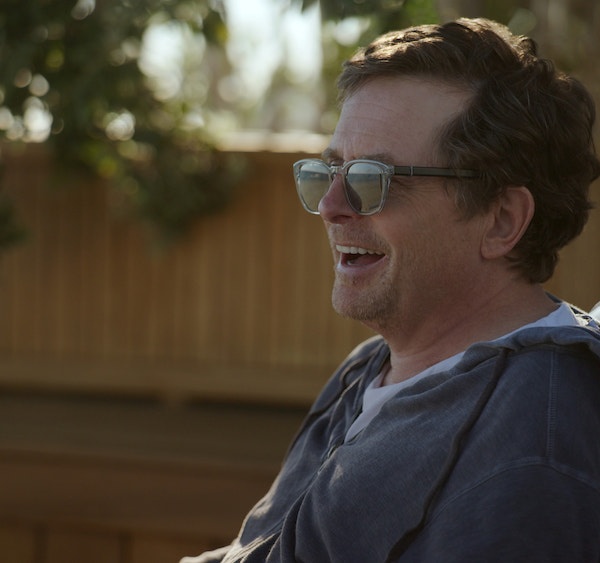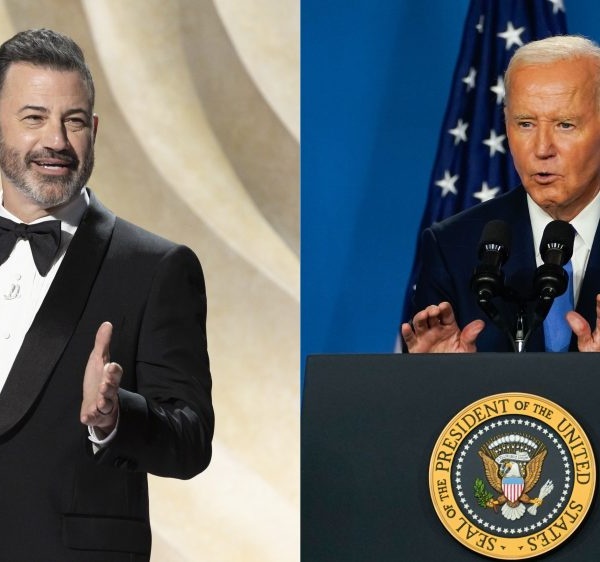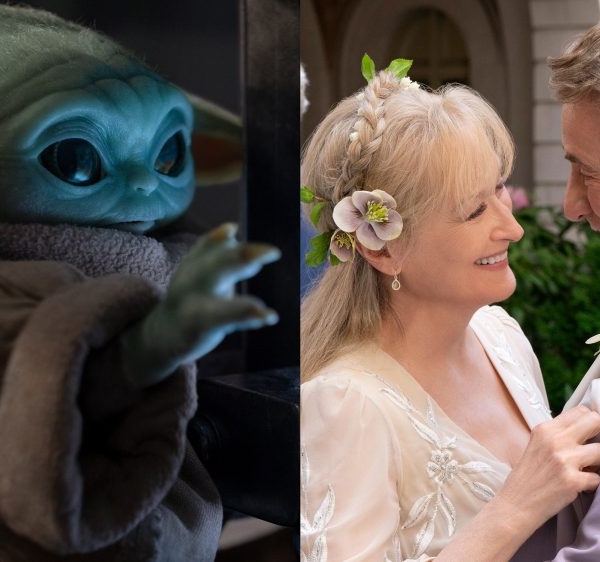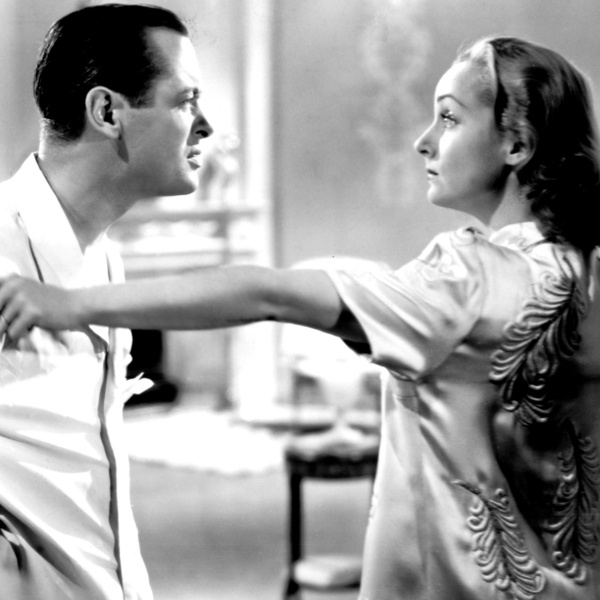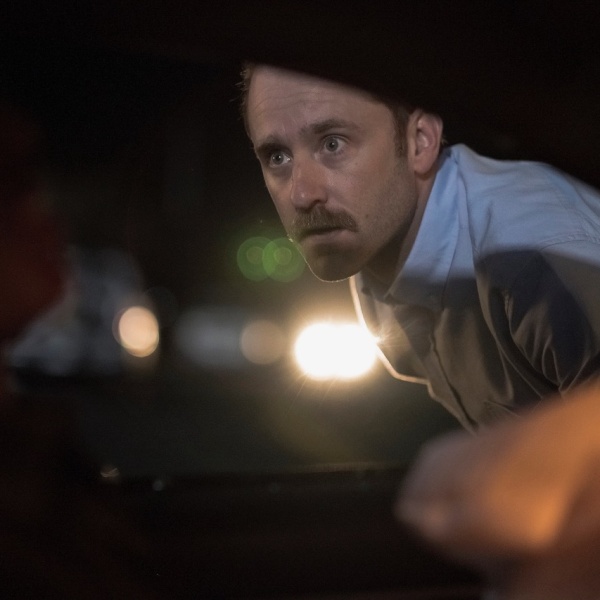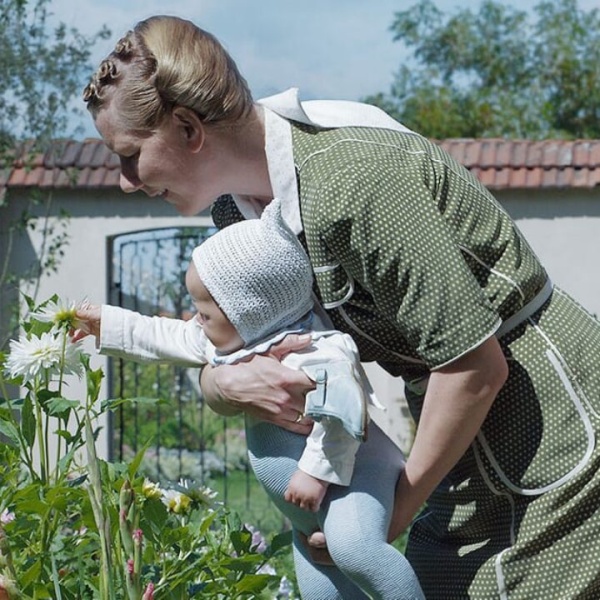After spending much of the last decade in some of the worst theatrically-released movies around (“Cassandra’s Dream?” “Stay?” “Incendiary?” “Deception?” “Amelia?” “Angels & Demons?”), Mike Mills‘ “Beginners” seems to be the start of a new phase of Ewan McGregor‘s career. Not only is the film terrific, one of the years’ best (read our review here), but McGregor’s great in it, the best he’s been in years.
Because across these last few years, it’s been easy to forget that McGregor seemed to be a real star find when he emerged, turning out a string of great performances at the end of the 1990s and the beginning of the 2000s. So, with “Beginners” hitting theaters tomorrow, it seemed to be a good time to be reminded of that, and we’ve picked five essential performances from the Scottish actor, the ones that hopefully will be matched in the years to come.
Indeed, “Beginners” seems to be only the first part of a renaissance for the actor: “Perfect Sense,” his second collaboration with director David Mackenzie, picked up good reviews at Sundance, while 2011 will also bring a villainous turn in Steven Soderbergh‘s “Haywire,” Juan Antonio Bayona‘s supernatural drama “The Impossible” with Naomi Watts, and Lasse Hallstrom‘s “Salmon Fishing in the Yemen,” while he’ll return to the blockbuster world next year in Bryan Singer‘s “Jack the Giant Killer.” But that’s the future. After the jump, the five must-see Ewan McGregor performances.
 “Shallow Grave” (1994)
“Shallow Grave” (1994)
Even before he graduated from Guildhall drama school, McGregor was getting attention, landing a major role in the Dennis Potter TV drama “Lipstick on your Collar,” and a small role in Bill Forsythe‘s long-delayed “Being Human.” But his real breakthrough came with Danny Boyle‘s “Shallow Grave,” a terrific little thriller that served as a kick up the period-drama heavy ass of the British film industry. McGregor played Alex, one of a trio of Edinburgh flatmates (completed by Christopher Ecclestone and Kerry Fox) who find their new roomie dead, and a hefty chunk of cash in a suitcase, and are torn apart as a result. It’s one of the oldest stories around (it’s basically Chaucer’s “The Pardoner’s Tale“), but Boyle and writer John Hodge gave it a zippy energy that made it feel genuinely fresh, and all three leads are terrific. McGregor in particular was an instant star: his journalist is both the most dickish and, yet somehow the most sympathetic of the central trio. His enigmatic smile in the film’s conclusion is one of the great ambiguous endings in neo-noir, and only prefigured a bigger and better collaboration between the pair…
 “Trainspotting” (1996)
“Trainspotting” (1996)
Boyle, Hodge, producer Andrew Macdonald and McGregor swiftly got the band back together for another Edinburgh-set film that proved even more successful: “Trainspotting.” Adapting Irvine Welsh‘s cult novel about heroin addicts, Boyle made a shocking, serious film, less attention-seeking than its source material, but crucially, also invested it with a rock n roll energy that, for a brief moment, made smack look like the most fun in the world (which, despite criticism at the time, is really the only honest way to go about things — if drugs weren’t initially a blast, people wouldn’t do them). And among an exceptional cast, including early roles for Ewan Bremner, Jonny Lee Miller, Kevin McKidd and Kelly Macdonald, as well as an exceptional turn from Robert Carlyle as the psychotic Begbie, McGregor is electric as the lead. Boyle wanted a figure reminiscent of Michael Caine in “Alfie” and Malcolm McDowell in “A Clockwork Orange,” and that’s exactly what McGregor provided: with charisma to burn, he’s at once repellent and hugely sympathetic. The film still stands as a high watermark in the careers of both star and director; they worked together one more time, on the messy-but-not-without-its-charms Coen Brothers-lite “A Life Less Ordinary,” before falling out when Boyle cast Leonardo di Caprio as the lead in “The Beach.”
 “Velvet Goldmine” (1998)
“Velvet Goldmine” (1998)
From heroin addict as rock star to, well, plain old rock star, McGregor took a key supporting role in Todd Haynes‘ glam-rock “Citizen Kane,” “Velvet Goldmine.” McGregor channels Iggy Pop (and a little Kurt Cobain for good measure) as American rock star Curt Wild, whose affair with Bowie-esque legend Brian Slade is the centerpiece of the film, and he’s pretty terrific. Sure, his American accent is as shaky as ever, but he makes a compelling Iggy-surrogate, full of the star’s wild energy, but with a surprising vulnerability that you suspect you’d have to dig deep to find in the Stooges frontman. Oh, and he could really sing, something that the actor would return to in blockbuster manner later on. The film’s plenty flawed, uneasily mirroring a crackerjack style with the director’s intellectual interests,, but as ever, Haynes never takes the standard approach: what other rock n roll films begin with Oscar Wilde arriving in a spaceship? The cast, even the inconsistent likes of Jonathan Rhys-Myers and Eddie Izzard, are all great, the soundtrack is a hall-of-famer, and when it really works — particularly in the seemingly autobiographical aspects of young journalist Arthur (Christian Bale), whose fan-to-journalist journey is far more moving than the similar path walked in “Almost Famous.” Plus, it has a scene where Obi-Wan Kenobi fucks Batman through a shower of glitter. So it’s got that going for it.
 “Moulin Rouge!” (2001)
“Moulin Rouge!” (2001)
No one expected “Moulin Rouge!” to become the kind of phenomenon that it did. An operatic musical, shot in a hyperactive MTV style, using mash-ups of popular, anachronistic songs, from the guy who directed “Romeo & Juliet?” Really? But the film proved to be both a critical and commercial hit, prefiguring the revival of the genre, and picked up 8 Oscar nominations, including Best Picture, and landed on many “best of the decade lists” when the time came. While we’re not convinced as to how well the film has dated, it remains an impressive feat and, while Nicole Kidman got most of the critical plaudits, McGregor’s performance as romantic lead Christian is really what makes the film work. It’s a tricky one to pull off, a combination of romantic naivety, seductive charm and some incredibly broad humor, but the actor manages it with aplomb; there are few actors that would have managed to play the part sincerely, without winking at the camera (and plenty of actors in the film do the latter), but McGregor has to play it straight, and smashes it. And his singing voice turned out to be genuinely impressive, particularly in his rendition of Elton John‘s “Your Song,” paving the way to a starring role on stage in “Guys & Dolls.“
 “Down With Love” (2003)
“Down With Love” (2003)
McGregor’s never quite been praised for his comic chops, but he’s got them in spades (every performance on this list shares a certain wit to them that few actors would have brought), and they received their best showcase in Peyton Reed‘s terminally underrated 2003 romantic comedy “Down With Love.” A souffle-light tribute to the Doris Day/Rock Hudson comedies of the 50s and 60s, McGregor plays the excellently-named Catcher Block, a womanizing journalist who attempts to seduce writer Barbara Novak, a writer whose new book has caused a feminist storm in 1960s New York. Reed, who followed it up with the disappointing “The Break Up” and “Yes Man,” nails the style, immaculately pastiching the Day/Hudson originals, and his cast are more than game: McGregor might be more Cary Grant than Rock Hudson, but he’s enormous fun, and has oodles of chemistry with co-star Renee Zellwegger. The film tanked hard on release, crushed when released head-to-head with “The Matrix Reloaded,” but it’s become something of a cult classic since, and with good reason.
